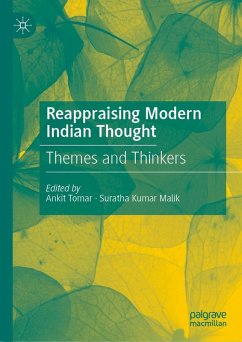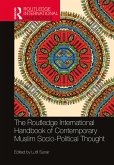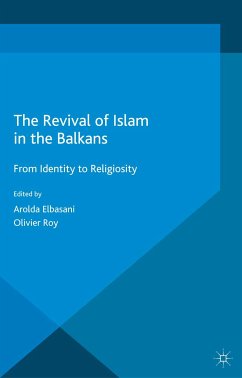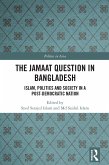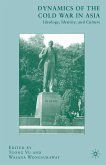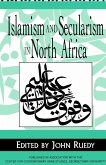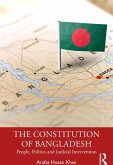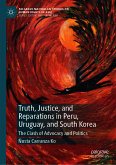The book compiles a critical understanding of the modern Indian thinkers on the issues such as colonialism, India's freedom struggle, liberalism, nationalism, nation-building, economic reconstruction, education, democracy, internationalism, secularism, socialism, integral and universal humanism.
Ankit Tomar teaches Political Science at Lakshmibai College, University of Delhi, India. His areas of interest include Indian and Western Political Philosophy, Theories of International Relations, Non-Western International Relations Thinking and Global Political Economy.
Suratha Kumar Malik is an Assistant Professor and Teacher-In-Charge in the Department of Political Science, Vidyasagar University, India. His areas of interest include Indian Political Thought, International Politics, Dalit and Tribal Movements and Issues.
Dieser Download kann aus rechtlichen Gründen nur mit Rechnungsadresse in A, B, BG, CY, CZ, D, DK, EW, E, FIN, F, GR, HR, H, IRL, I, LT, L, LR, M, NL, PL, P, R, S, SLO, SK ausgeliefert werden.

